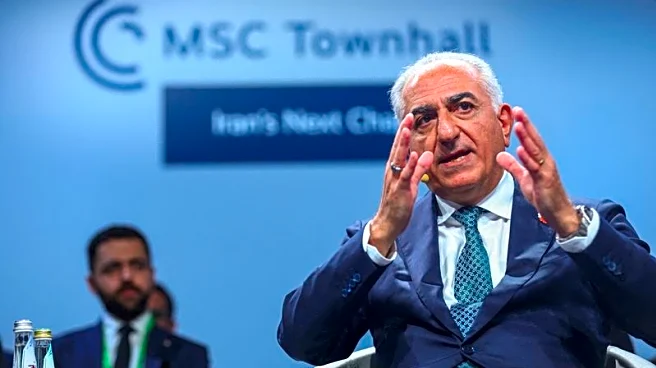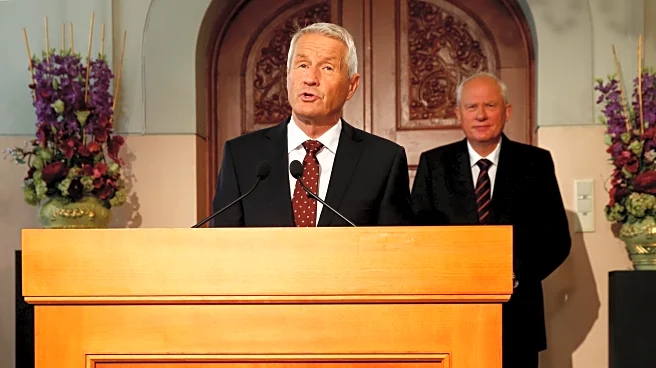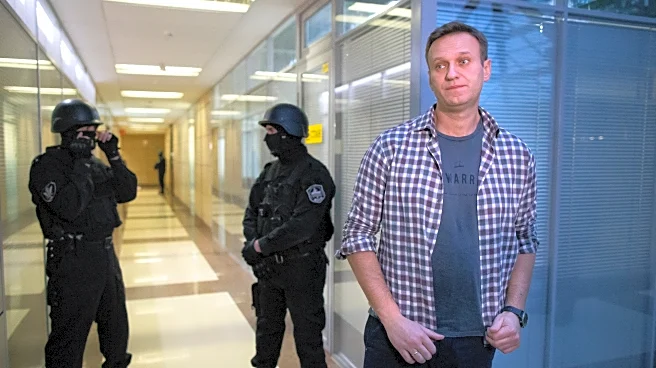Rapid Read • 6 min read
Russian grain exports through the Black Sea port of Kavkaz have been significantly reduced due to new entry and inspection requirements. Foreign vessels now require permission from port authorities and approval from Russia's FSB security service, following a decree by President Vladimir Putin. This has led to a backlog of ships waiting to pass through the port, with freight rates rising and terminals overflowing with grain. The decrease in shipments is notable compared to previous months, impacting the overall export volume.
AD
The restrictions on grain exports from Kavkaz port have implications for global agricultural markets and trade dynamics. Russia is a major grain exporter, and disruptions in its supply chain can affect global food prices and availability. The security measures reflect broader geopolitical tensions and Russia's strategic control over its export routes. The situation may lead to increased scrutiny and adjustments in international trade policies, impacting stakeholders in the agricultural and shipping industries.
The backlog at Kavkaz port may prompt Russia to reassess its security measures and streamline export processes. International buyers and traders may seek alternative sources or routes to mitigate the impact on supply chains. The situation could lead to diplomatic discussions on trade and security, with potential adjustments in global agricultural markets. Stakeholders will monitor developments closely to adapt to changing conditions.
AD
More Stories You Might Enjoy












